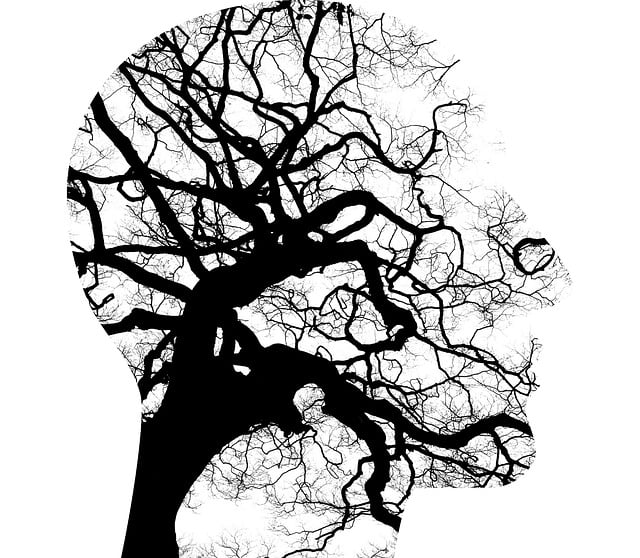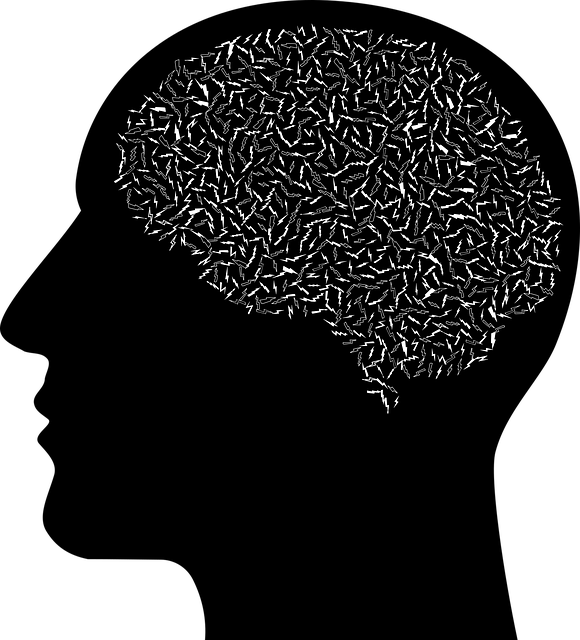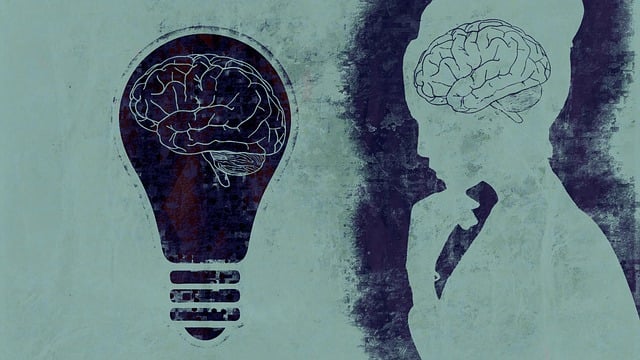Wheat Ridge Eating Disorders Therapy takes a community-focused approach, integrating its expertise into schools, workplaces, and local centers for early interventions beyond symptom treatment. Their programs empower individuals with stress management and emotional regulation techniques based on Mind Over Matter principles, addressing root causes holistically to support long-term mental well-being. Targeted outreach involves risk assessments, emotional intelligence, and tailored support to foster resilience and open conversations. Interactive workshops, peer mentorship, and strategic partnerships break down stigmas and ensure program impact. Wheat Ridge evaluates success through participation rates and follow-up surveys, reflecting their commitment to holistic care.
Community outreach programs play a vital role in extending the reach of mental health services, particularly for eating disorders. This article explores the implementation of such programs through four key stages: understanding the community’s needs, identifying at-risk individuals, designing engaging programs, and measuring success.
Focusing on Wheat Ridge Eating Disorders Therapy as a case study, we’ll uncover practical strategies to ensure these initiatives are effective, sustainable, and have a profound impact on those struggling with eating disorders in the community.
- Understanding Community Outreach: Why Wheat Ridge Eating Disorders Therapy Programs Matter
- Identifying Target Audiences: Reaching at-risk individuals in your community
- Designing Effective Programs: Strategies for engaging and educating communities
- Overcoming Challenges: Practical tips for successful implementation and sustainability
- Measuring Impact: Assessing the success of outreach initiatives at Wheat Ridge Eating Disorders Therapy
Understanding Community Outreach: Why Wheat Ridge Eating Disorders Therapy Programs Matter

In the heart of Wheat Ridge Eating Disorders Therapy lies a profound understanding of community outreach—a strategy that transcends the confines of traditional therapy settings. This approach recognizes the intricate interplay between mental health and the social fabric of communities, emphasizing the importance of connecting with individuals where they are, be it schools, workplaces, or local centers. By integrating Wheat Ridge’s expertise into these spaces, the therapy programs become more accessible, fostering early interventions and long-term recovery.
The implementation of such initiatives goes beyond treating symptoms; it empowers individuals to develop robust stress management skills and emotional regulation techniques grounded in Mind Over Matter principles. This holistic approach not only tackles the root causes of eating disorders but also equips people with tools to navigate life’s challenges, ensuring they can maintain their mental well-being even outside the therapy setting.
Identifying Target Audiences: Reaching at-risk individuals in your community

Identifying your target audience is a crucial step in implementing effective community outreach programs, especially when addressing sensitive issues like eating disorders. Organizations like Wheat Ridge Eating Disorders Therapy understand that at-risk individuals often include youth and young adults facing peer pressure, low self-esteem, or those who have experienced trauma. Reaching these vulnerable populations requires tailored strategies.
Community health professionals can utilize risk assessments to identify individuals with potential eating disorder symptoms or those at a higher risk of developing such disorders. By incorporating emotional intelligence techniques, outreach workers can build resilience and foster open conversations. This approach ensures that support is offered sensitively and effectively, catering to the unique needs of each individual within the community.
Designing Effective Programs: Strategies for engaging and educating communities

When designing community outreach programs focused on mental health issues like eating disorders, it’s crucial to adopt strategies that foster genuine engagement and education. Programs like those offered by Wheat Ridge Eating Disorders Therapy should aim to create safe spaces where individuals feel comfortable sharing their experiences and learning about various aspects of mental well-being. This involves employing interactive workshops, panel discussions, and peer support groups to encourage active participation. By integrating practices from Mood Management and Risk Management Planning for Mental Health Professionals, these programs can provide valuable insights into managing challenges related to eating disorders effectively.
Additionally, focusing on boosting confidence is an integral part of the outreach process. Encouraging open conversations about mental health breaks down stigmas and empowers community members to take charge of their well-being. Through tailored activities and resources, individuals can gain a deeper understanding of their emotions and develop coping mechanisms that support long-term recovery. These initiatives not only educate but also inspire hope, fostering a supportive environment for those navigating eating disorders.
Overcoming Challenges: Practical tips for successful implementation and sustainability

Implementing community outreach programs for issues like eating disorders can be challenging but with careful strategy and persistence, it’s achievable. Organizations like Wheat Ridge Eating Disorders Therapy have found success by tailoring their approach to the specific needs and cultural context of their target communities. Self-Care Practices and emotional intelligence training are effective tools; they empower individuals with coping mechanisms while fostering a sense of belonging and support. Building resilience through interactive workshops and peer mentorship programs encourages open dialogue and creates lasting change.
Transparency and community collaboration are key to sustainability. Regularly seeking feedback from participants, adapting programming based on needs, and forming partnerships with local organizations ensures the program remains relevant and impactful over time. By embracing these practical tips, communities can effectively address complex issues like eating disorders, fostering a healthier and more resilient environment for all.
Measuring Impact: Assessing the success of outreach initiatives at Wheat Ridge Eating Disorders Therapy

At Wheat Ridge Eating Disorders Therapy, measuring the impact of community outreach initiatives is a critical step in assessing their success. By employing quantitative and qualitative methods, the therapy center can gauge how effectively it reaches and supports individuals struggling with eating disorders. This includes tracking participation rates in various programs, such as those focused on trauma support services and mindfulness meditation, to understand which approaches resonate most with the community.
In addition, Wheat Ridge Eating Disorders Therapy evaluates the long-term effects of their outreach through follow-up surveys and interviews. These assessments help uncover insights into how the programs have influenced individuals’ mental health and well-being, including their ability to apply mindfulness meditation techniques and embrace mind over matter principles in daily life. This holistic approach ensures that the therapy center’s outreach initiatives not only attract but also meaningfully impact those they aim to serve.
Community outreach programs, such as those offered by Wheat Ridge Eating Disorders Therapy, play a vital role in identifying and supporting at-risk individuals within our communities. By understanding the target audiences, designing engaging programs, overcoming challenges, and measuring impact, we can effectively foster a healthier, more informed environment. These initiatives not only revolutionize access to critical resources but also underscore the power of community collaboration in addressing pressing mental health issues like eating disorders.














